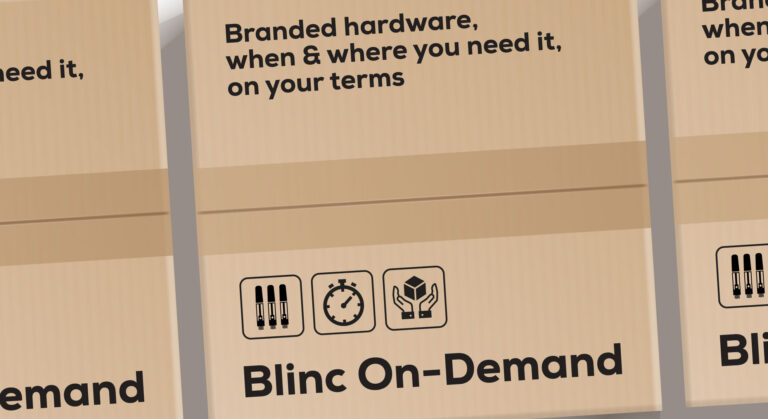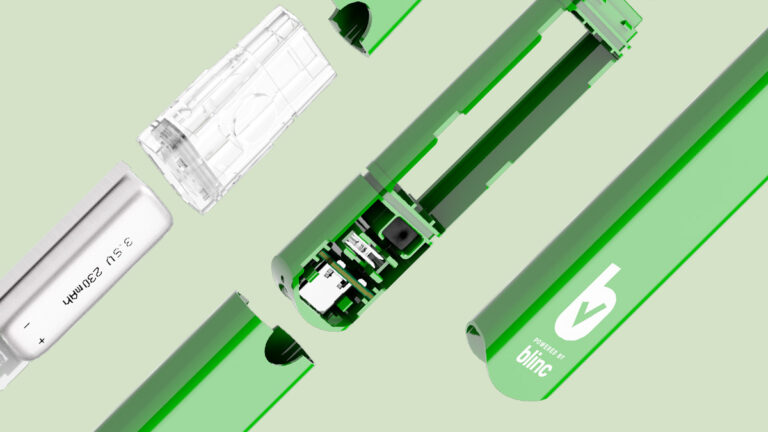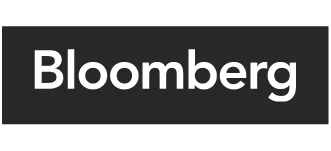Due to the federal government’s stance on cannabis (schedule I drug), most cannabis business owners operate without access to traditional banking services. A Colorado-based credit union may have the solution. They have created software that allows for secure cannabis banking and are creating a network of financial institutions that are looking to cash in on cannabis banking.
Sundie Seefried, CEO Partner Colorado Credit Union since 2014 has been testing software since 2014. As he tells MjBizDaily, “Now that we’ve been in it for three years, the (Partner Colorado) board and I felt it was a good time to try and optimize our position and start (Safe Harbor Services).”
Safe Harbor Services (SHS) is an independent business entity created by Seefried that is acting as a secure platform for private banking where financial institutions can create a turnkey cannabis banking program for implementation. They have created a CUSO (a credit union service organization) Effectively, this allows cannabis business owners to create and use checking and savings accounts with institutions that are pro-cannabis.
Case Study: MMJ App in Hawaii
In Hawaii, Medical Marijuana patients will soon be able to buy cannabis with an app developed by Cannpay in collaboration with software by SHS. The app uses a bank-bank to transfer structure for transactions to take place directly between patients’ and business owners’ e-wallets (bank accounts) without the need to use a major credit card. Major credit cards are largely anti-cannabis and this workaround allows a cash free system and secure, direct transactions.
Cannpay, CEO Dustin Eide partnered with Partner Colorado to ensure their programs are compliant with finCEN guidelines and the Cole Memo and to build a network of financial institutions. They are now working with 14 different institutions in eight different states (Colorado, California, Florida, Hawaii, Maine, Oregon, and Washington state).
Timeline to Launch
Financial institutions are beta testing the cannabis banking software in six different states, Arkansas, Colorado, Maryland, Massachusetts, Ohio and Pennsylvania. SHS expects their tests to complete by December and start rolling out the technology shortly after. They hope that they will be in all six states by the end of the year and about 20 by the end of 2018. SHS will officially launch in November.
Financial Business Partners
SHS has partnered with various financial institutions to allow these bank-to-bank direct transfers to take place. Their hope is for each state to have at least one main financial institution for businesses to partner with. This would allow cannabis businesses to have cash free banking and transactions, minimizing the risks of dealing in cash.
Seefried denied to comment who their financial business partners are however we do know the size of them. Matt Chochran, CEO of SHS, told MJ BIZ Daily that most of the financial institutions they have partnered with range from $500 million to $2 billion in assets and currency. The smallest of their financial partners however is a credit union managing about $100 million. The largest, manages more than $4 billion.
The Safe Harbor program currently handles $80 million monthly in cannabis business deposits in their home state of Colorado.
Vetting Process
Creating a fully compliant banking solution is a regulatory and paperwork intensive process. Part of the burden will come down on business owners. To be accepted, businesses have to provide SHS’s partner banks with a multitude of information to ensure they are running a legitimate, law-abiding business. The paperwork consists of roughly 30 different forms with 500-600 questions. To be accepted, they also have to provide documentations like proof of license.
Future and Ramifications
Safe Harbor Services’ goal is to conduct beta testing and then license banks or credit unions in at least three to five new states per quarter for the rest of 2018. If successful, SHS would have about 20 marijuana-friendly financial institutions online by the end of next year. Business owners in nearly half of all US states, and ⅔ of areas where some form of cannabis consumption is legal would have a compliant cannabis banking solution they could use.









